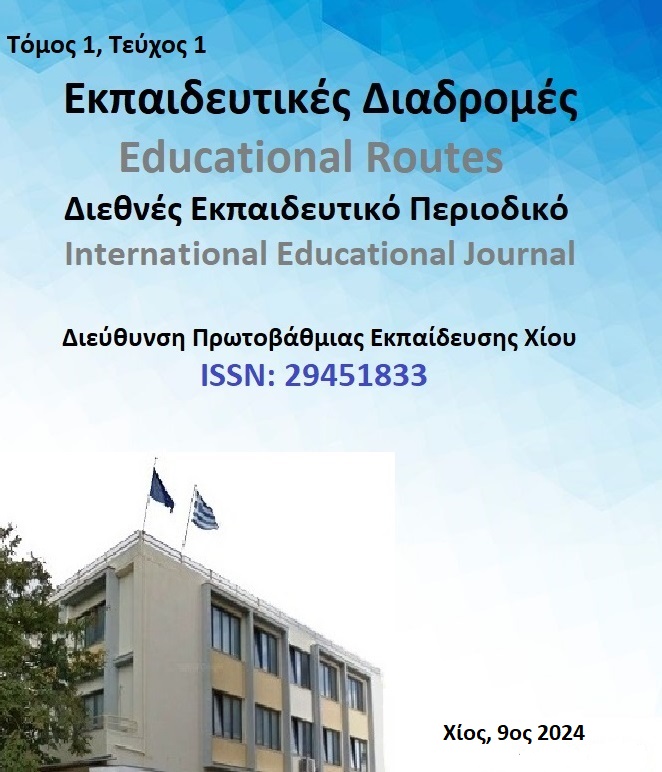Ο ρόλος των προϊσταμένων νηπιαγωγών κατά τη διάρκεια της πανδημίας, υπό το πρίσμα της VUCA (ασταθούς, αβέβαιης, πολύπλοκης και ασαφούς) ηγεσίας.
Abstract
About five years ago, the global community was faced with the unknown situation of COVID-19, which brought elements of a volatile, uncertain, complex and ambiguous (VUCA) environment. Schools of all levels, and especially their leadership, faced unprecedented and unpredictable challenges, in a context that brought continuous educational and psychosocial changes. The present study was conceptually framed by the VUCA leadership model as attributed by Barber (1992) and Bennis & Nanus (2003). The purpose of the qualitative pilot research was to investigate the influences brought by the pandemic on the role of early childhood school leaders during the school years 2020-2021 and 2021-2022, in the light of VUCA leadership. At the same time, it highlighted their experiences and perceptions. For the qualitative analysis, data were collected from 12 early childhood school leaders, through semi-structured interviews. The generated data showed that early childhood school leaders perceived their role during the pandemic as complex, unstable, unclear, and uncertain. Nevertheless, they demonstrated abilities to maintain and strengthen school values, cooperation and communication between all members of the school of their responsibility. Additionally, they demonstrated empathy and vigilance, regardless of their gender. The findings are discussed for their utilization in the context of educational actions in times of crisis and in the development of the professional role of school leaders.
Article Details
- Section
- Original Scientific Articles

This work is licensed under a Creative Commons Attribution-NonCommercial-NoDerivatives 4.0 International License.
This work is licensed under a Creative Commons Attribution-NonCommercial-NoDerivatives 4.0 International License.
To view a copy of this license, visit:



